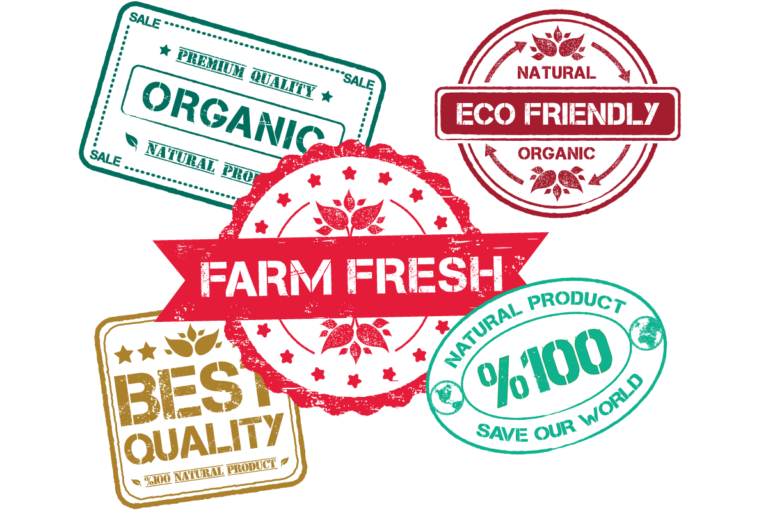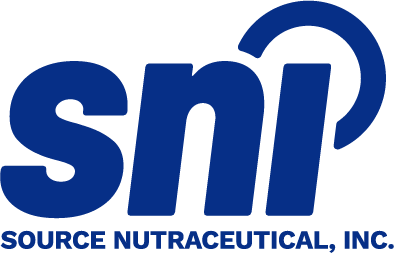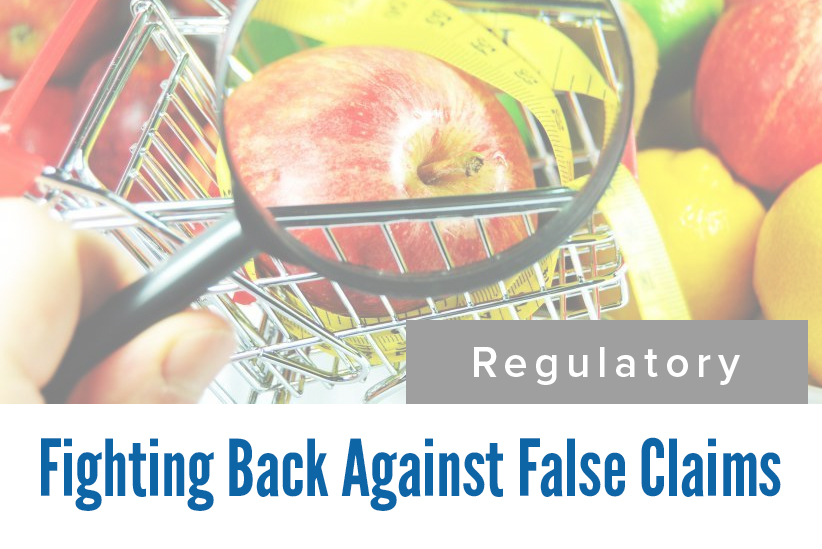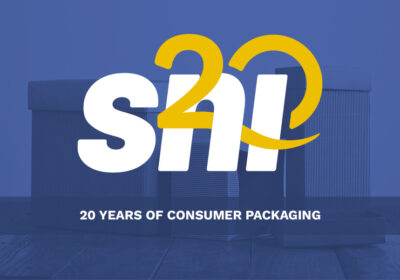– Leanne Lutomsky | Regulatory Affairs
As much as the Canadian Food Inspection Agency (CFIA) tries to regulate all aspects of food labelling in Canada, sometimes false claims can sneak through the cracks. Consumers should be aware of false advertising and other tricks used by food manufacturers in order to increase sales and take the market lead.

One example of a misleading claim used by food manufacturers is referred to by the CFIA as “false uniqueness”. This is defined as “creating a false impression that the product is uniquely different from other similar products” – think: gluten-free water. When a product has inherent characteristics or regulations specific to a certain characteristic, a food label should not contain a claim about it without adding a qualifying statement. For example, a juice should not be labelled as “caffeine-free” because there is no caffeine allowed in any juice product in Canada. The manufacturer can choose to include a qualifying statement such as “all juices are caffeine-free” to help level the playing field.
Products should not be given an advantage on the market for stating certain features that the food inherently does/does not have, and this is one thing that the CFIA tries to enforce. Seeing a trend toward non-GMO foods has pushed food manufacturers in the direction of labelling all their products with a non-GMO claim to gain attention. But strict rules on these claims in Canada means that food products with no genetically modified alternative cannot bear this claim on the label. It all comes back to being misleading to the consumer.
In many ways, claims on food labels can help consumers make better and easier choices when shopping, when they are used correctly. Seeing products that state “low fat” or “high fibre” can be extremely helpful to people adhering to a certain type of diet. Such is the same for allergen claim labelling. This can be a serious matter to some individuals, and finding an allergen-free alternative to a popular food can make all the difference.

Ensuring that your food label is compliant to Canadian regulations can save you time and money, as the CFIA will investigate any errors or misleading statements. Unsure of what claims you can make on your food product label? Contact our regulatory team today!




